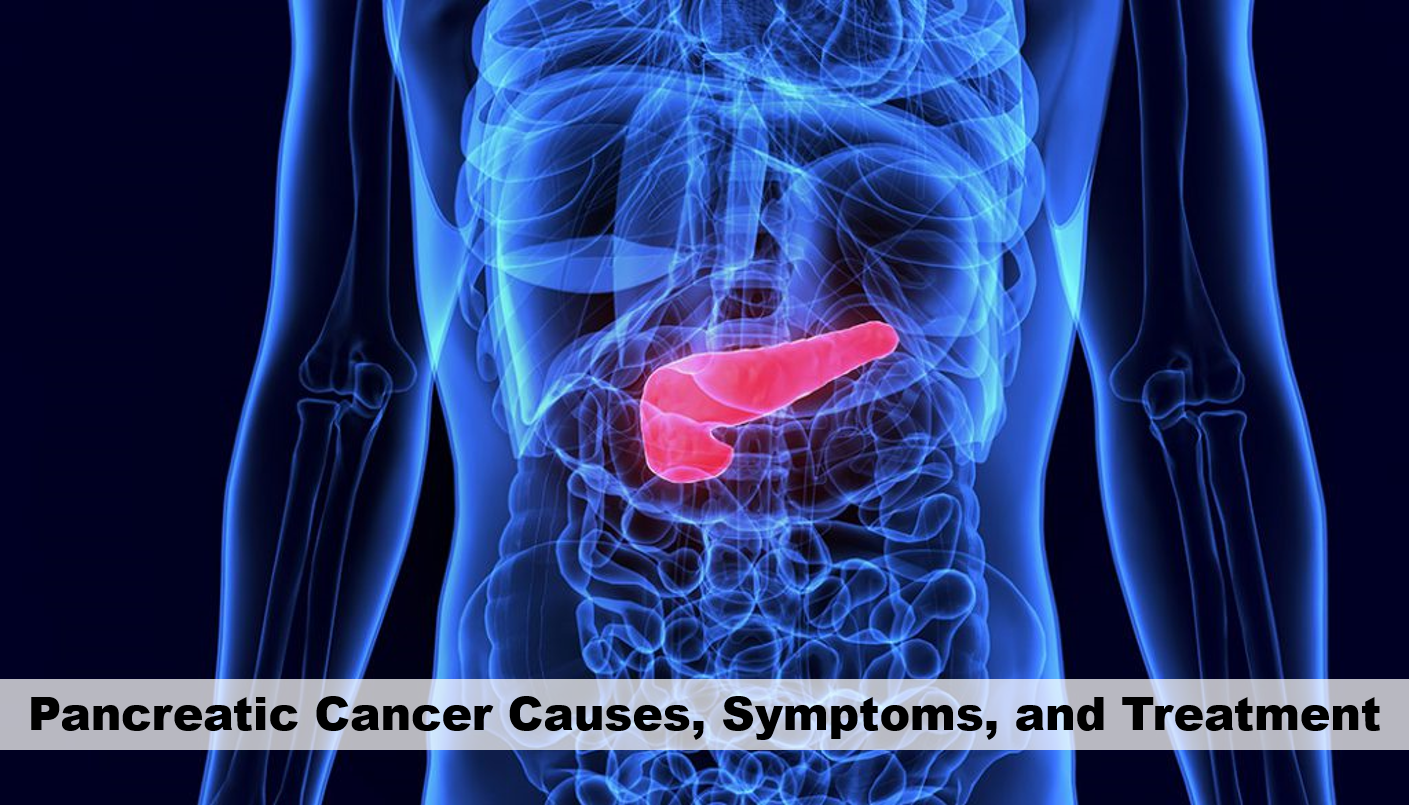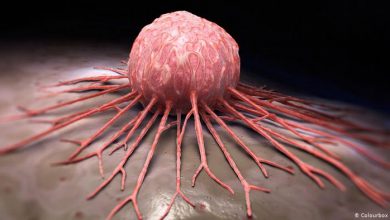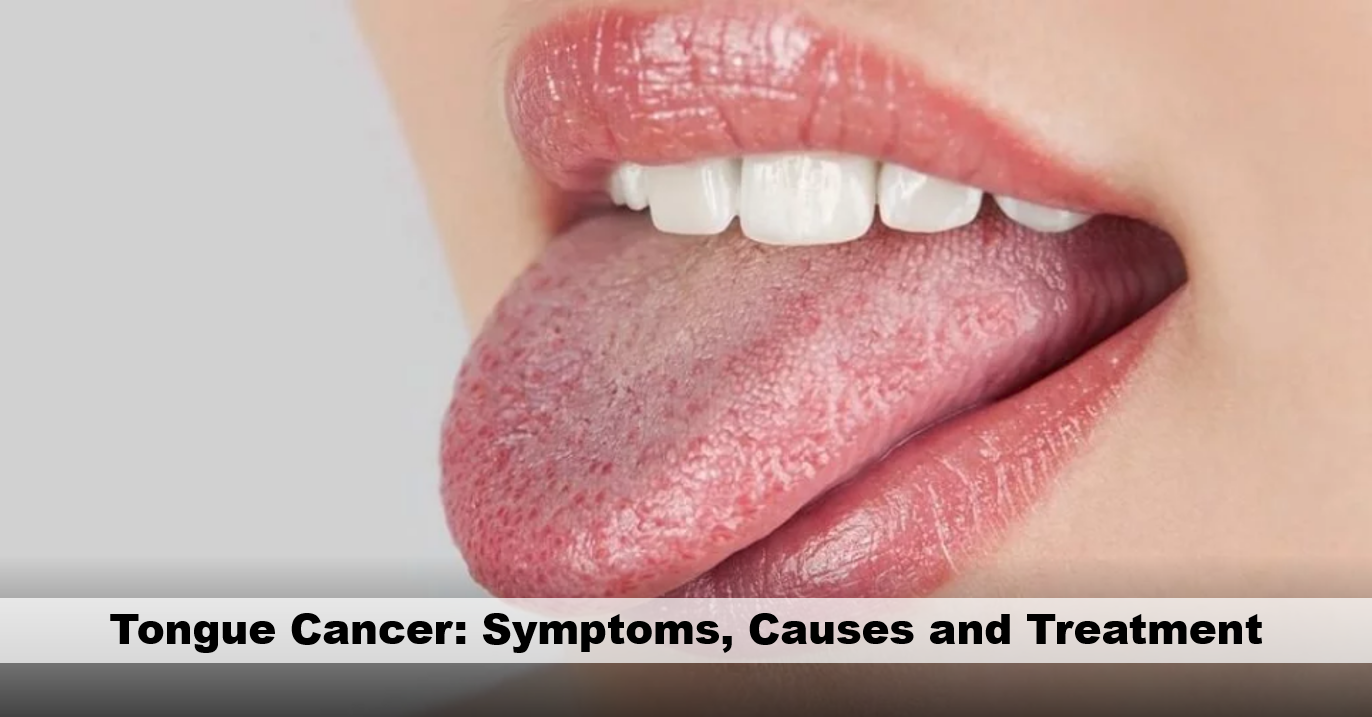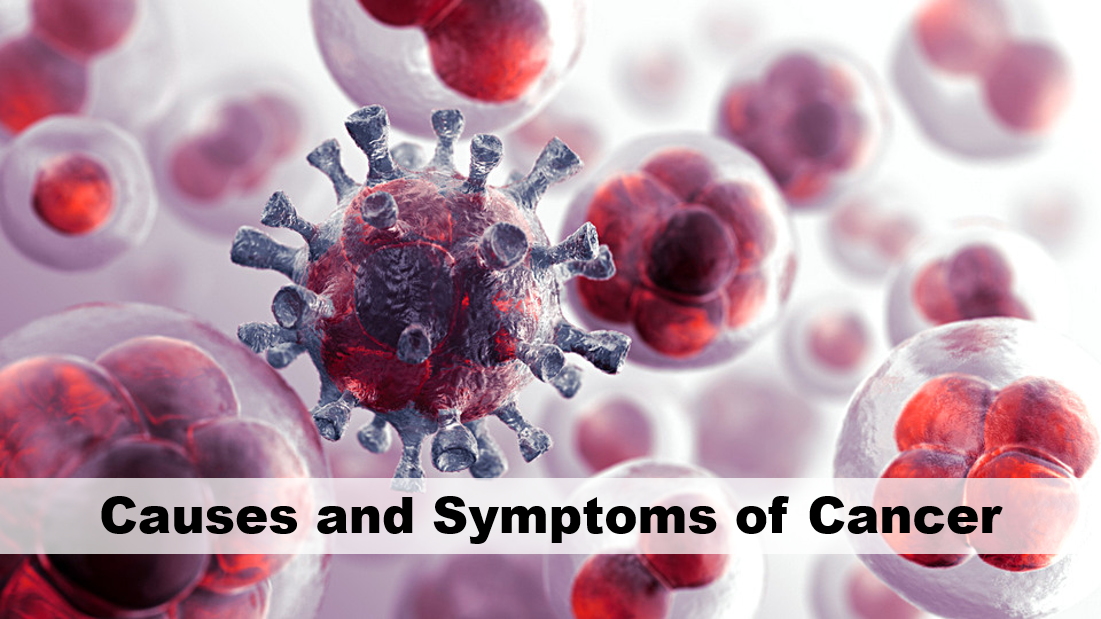Pancreatic Cancer Causes, Symptoms, and Treatment

Pancreatic Cancer Causes, Symptoms, and Treatment. Pancreatic cancer is a type of cancer that is difficult to diagnose and treat and is considered the fourth most deadly cancer in the world. Pancreatic cancer, which has not yet developed effective drug therapy despite modern methods, can only be managed by surgical methods. The cells in the pancreas grow uncontrollably and completely destroy healthy cells. If it is not detected and treated, it starts to multiply and spread to nearby organs. This type of cancer, which is more likely to be seen in people who have high alcohol and cigarette consumption and people with diabetes, manifests itself only in the future. In this article, we will talk about pancreatic cancer with its causes, symptoms, and treatment below.
Pancreatic Cancer
Pancreatic cancer begins in the tissues of the pancreas, an organ lying horizontally in the lower back of the stomach. The pancreas secretes digestive enzymes and hormones that help regulate blood sugar. Pancreatic cancer typically spreads to nearby organs. It is rarely noticed in the early stages. However, in individuals with a history of pancreatic cyst or family history of pancreatic cancer, some screening tests may help to detect the problem early. Generally, the disease is rapidly spreading after sixty years of age and early diagnosis of pancreatic cancer is considered as the most important factor for the treatment of the disease.
Pancreatic Cancer Causes
More than 8 of 10 pancreatic cancer cases were diagnosed in people 60 years and older. It is not common in people under 40 years of age. There are some factors that may increase your risk of developing the disease.
- Smoking – (Almost 1 of 3 pancreatic cancer cases are associated with smoking.)
- Some health conditions – If you have a history of diabetes, long-term inflammation of the pancreas (chronic pancreatitis), hereditary pancreatitis, stomach ulcers or certain types of cancers, your risk of pancreatic cancer increases.
- Diet – Studies show contradictory evidence as to whether high levels of fat or sugar in your nutrition program affect the risk of pancreatic cancer.
If you have a family history of pancreatic cancer, consider contacting a genetic counselor. The counselor can review your family history with you and decide whether genetic testing is useful for understanding the risk of pancreatic cancer or other cancers.
Pancreatic Cancer Symptoms
Symptoms begin to appear in the late stages of the disease.
- Intolerance to food intake and nausea
- Abdominal pain
- Diabetes disorder caused by the loss of function of the pancreas
- Jaundice
- Loss of weight
- Depression
- Discoloration of the urine or feces
The most common type of pancreatic cancer is exocrine tumors. The symptoms are rather vague and vary depending on the place of cancer in the pancreas. Early symptoms are weight loss, pain in the stomach, back pain, and jaundice.

Pancreatic Cancer Treatment
The treatment of each patient varies, and more than one factor is effective in the decision of the treatment, such as location, stage, age of the patient, and other health problems. In order to be able to perform surgery in people with pancreatic cancer, knowing the stage of cancer is essential firstly. If the cancer cell has spread from the pancreas to other organs, surgery is not possible and, in such cases, chemotherapy may be the only treatment. Radiotherapy is another treatment method, and this treatment is combined with chemotherapy.
Pancreatic Cancer Stages
- Stage I: Cancer is limited to the pancreas and can be surgically removed.
- Stage II: Cancer has spread outside the pancreas to nearby tissues and organs and may have spread to the lymph nodes. At this stage, surgery can be performed to eliminate cancer.
- Stage III: Cancer has spread to the large blood vessels outside the pancreas, around the pancreas, and may have spread to the lymph nodes. At this stage, surgery to eliminate cancer may or may not be possible.
- Stage IV: Cancer has spread to distant areas beyond the pancreas, such as the peritoneum, the liver, lungs, and abdominal organs. Surgery is not an option at this stage.





